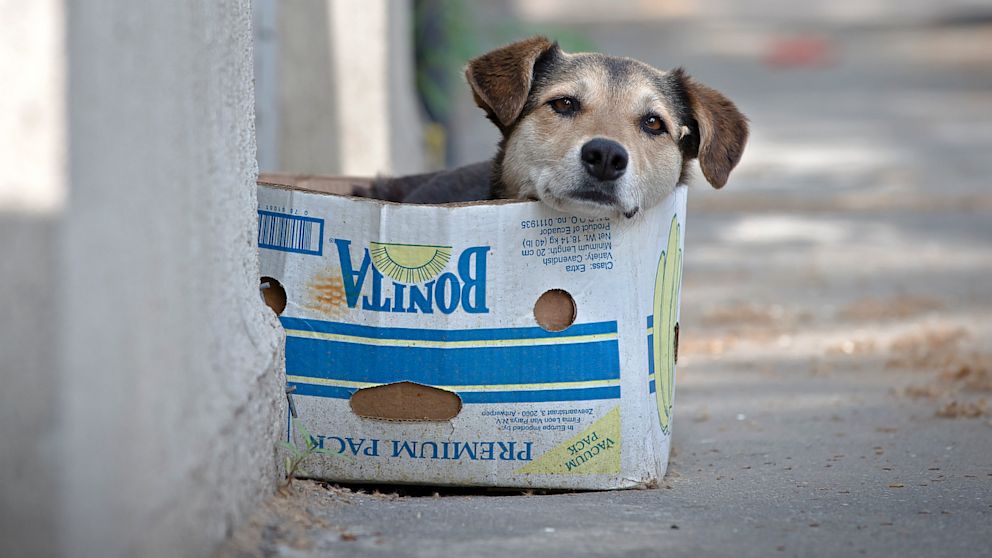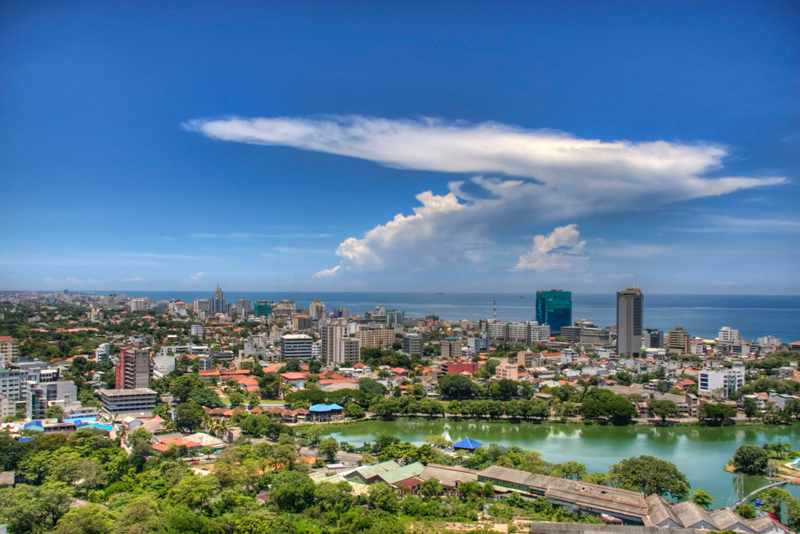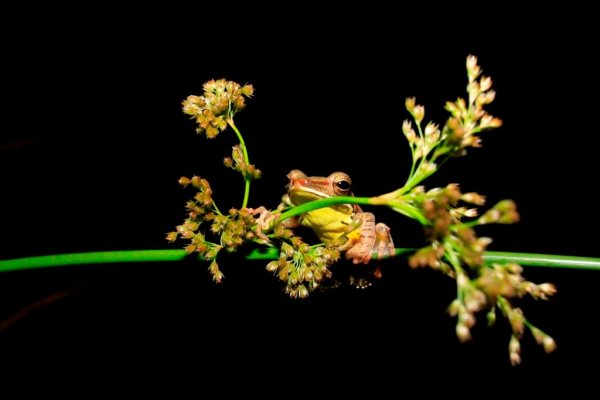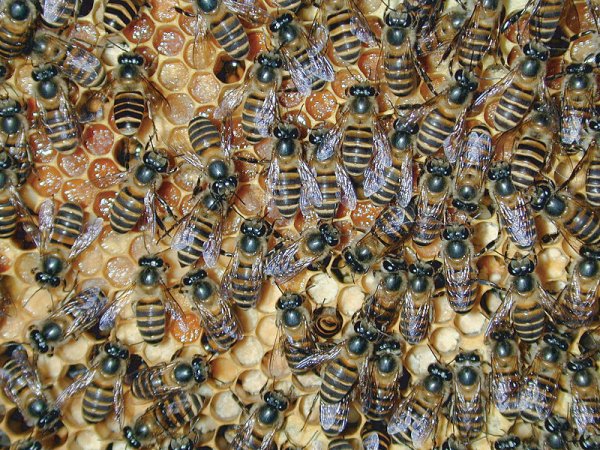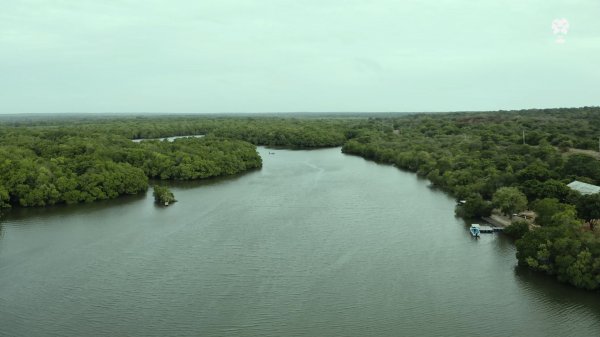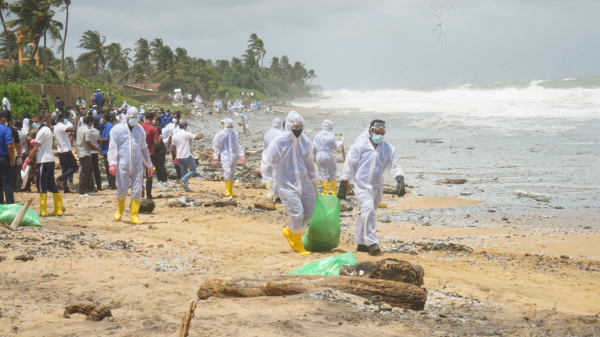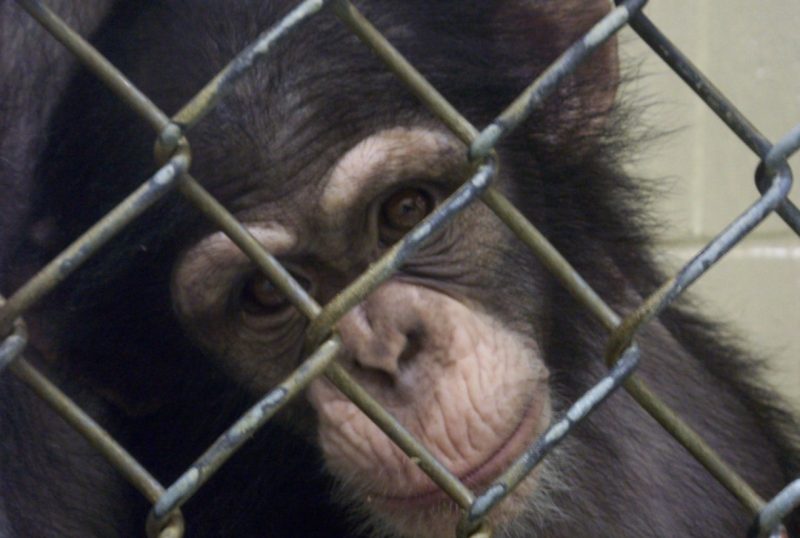
Although it has always been a principle concern for animal rights activists, in recent times, even the local media has been paying close attention to the state of animals in captivity. Particular emphasis has been given to the state of Sri Lanka’s National Zoological Gardens, more popularly known as the ‘Dehiwala Zoo’.
The state-run Daily News this March ran an article on the dismal conditions at the Dehiwala Zoo, pointing out that the establishment had “lost all its glamour,” leaving “many visitors disappointed.” Glamour aside is the more pressing issue of the treatment and living conditions of the animals. This article itself describes “Row after row of small cages… with animals cramped in very small spaces,” and refers to environmentalists’ claims that “many animals at the Dehiwala zoo have died due to poor living conditions.”
Other media outlets have aimed for a more hard-hitting approach. LT Magazine recently released a video, in which they aimed to expose severe mistreatment of animals at the Dehiwala Zoo. This included the issues of gross neglect, animal suffering, animals being forced to perform – and even allegations of trafficking.
In any case, this has not been the first time concerns have been raised about animals in captivity in Sri Lanka. Last month, this very platform ran an article on the issue. As we pointed out, zoos alone don’t make up the problem of animal captivity; elephants being ‘owned’ by people or institutions, wild animals being ‘domesticated,’ monkeys and snakes being forced to ‘perform,’ all involve an infringement on the rights of the animal in one way or the other, often causing much misery and suffering.
Of course, there are other factors to be considered, too. Many a time, ‘conservation’ and ‘education’ used to justify the need to hold animals captive. The Pinnawala Elephant Orphanage, for instance, was originally founded to provide care for very young elephants found abandoned in the wild. Even the Dehiwala Zoo – according to its Wikipedia page – apparently “exhibits animals but also places an emphasis on animal conservation and welfare, and education.” Also, the Government news portal, news.lk, reported last year that the zoo had made a “record income” of Rs.31 million during the first three months in 2015.
The state hasn’t been completely silent on the issue of its duties towards animals in captivity. The recent opening of the Ridiyagama Safari Park was one way they claimed to be looking into animal welfare. And animal rights, for the most part, is a topic that rouses the interest of many citizens.
The question is – is mere social media engagement on the issue sufficient action on our part, as citizens? How do we really feel about animals in captivity, and would we actually do anything about it – even if it meant simply discouraging activities that involved wild animals? Knowingly or unknowingly, how much would we have contributed to the issue already? Take our poll, and share it with others, to help us find out.
[total-poll id=8086]
[total-poll id=8089]
[total-poll id=8090]
[total-poll id=8091]
If you have an opinion not catered to by this poll, feel free to use the Comments section below.
Featured image courtesy The Humane Society of the United States

